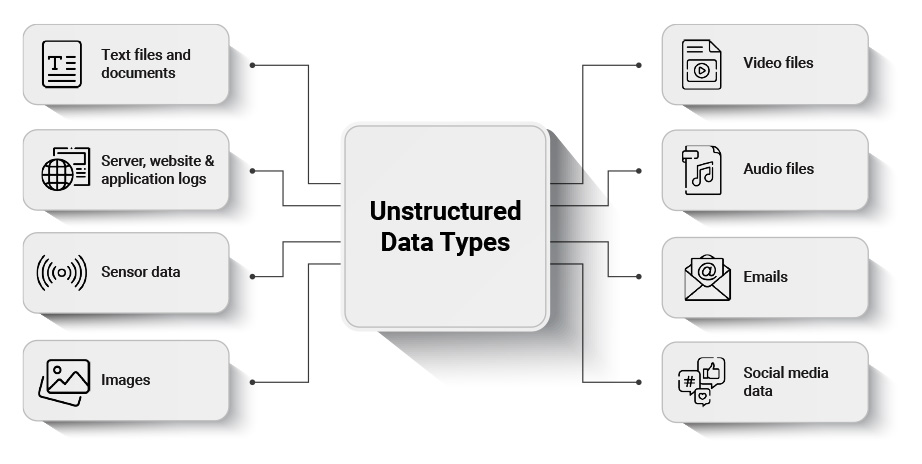Classification
What is File Archiving?
File archiving is the practice of identifying and storing static/inactive files in low-cost, long-term secondary storage for future business, legal, or compliance purposes. Sometimes also referred to as Unstructured Data Archiving, File archiving has become crucial for organizations since, according to Gartner, unstructured data represents an astounding 80 to 90% of all new enterprise data, and it’s growing 3X. (more)
2 mins read

